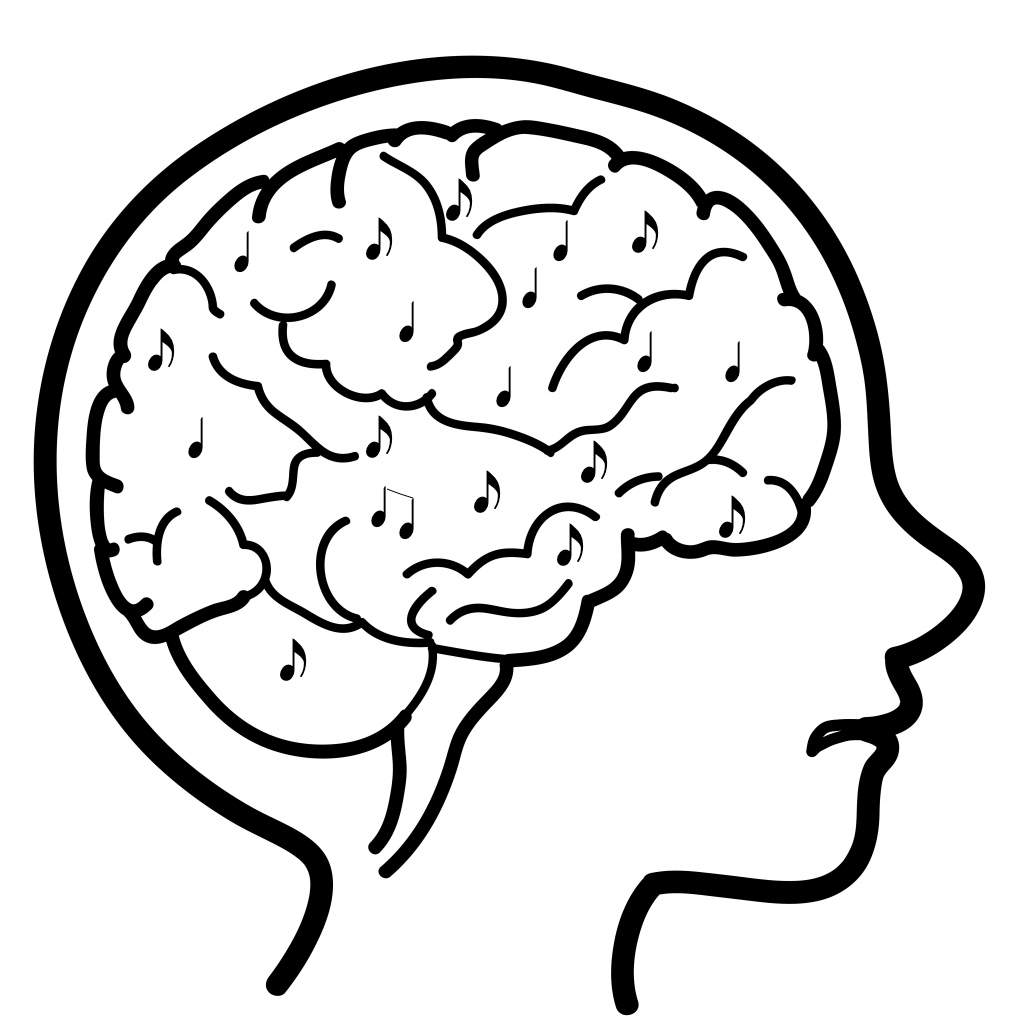OK, I don’t always hate music, if one is using the word as widely as it may be used. But in some ways music is a real problem for me, and I have rarely if ever heard another person describing similar issues. I’ll try to explain.
Catchiness is by and large considered a musical positive. That tendency for some melody to be so catchy as to somehow deeply embed itself into one’s life-long memory, that to completely remove it is impossible. Even when you’ve forgotten that you remembered some melodies, you still remember them, the way you hear a song from your childhood some 30+ years ago and think, ‘oh, yeah, I’d forgotten that’. It’s still there, a thing, in your thoughts.
There may be evolutionary adaptive reasons for this, although I am aware that some evolutionary psychologists, like Steven Pinker in Canada, hold that music is a kind of pleasurable evolutionary by-product, “auditory cheesecake” I think is the buzz quote. I find this hard to accept in its entirety, because remembering words as set to verse was so essential to the preservation of culture prior to writing – the so-called aural tradition. Perhaps it wasn’t strictly biological evolution, maybe the auditory cheesecake thing was why so many cultures used this method of passing on knowledge: it was fun!
But therein lies the problem for me. It isn’t fun anymore. Sure, to make music, to sing catchy melodies, in social situations, is as fun as it gets. But to be alone with a melody playing again, and again in your head for hours or even days at a time, is not fun. The other day I went for a walk in the woods with my son, and the main bit from the instrumental track “Orion” by Metallica was in my head. Imagine this: warm Scottish spring day; deep, lush woodland; a light intermittent rain; birdsong; and Metallica’s “Orion” over, and over, and over, and over. Not even the whole thing, just those four main bars, over, and over, and over, and over. It is a kind of low level psychotic state, and it takes deep concentration – actual energy – to overcome it.
I was once asked in a chance conversation in the same woodland if I came out there so I could think of music, write stuff in my head, as it were. It was then that I became aware that I go to the outdoors to do exactly the opposite: to get the music out of my head. This is also one of the only reasons why I play the piano anymore, and the reason why I tend to only improvise when I do. Clear out the noise! Make the voices stop. Wow, I sound like I’m off my nut.
Some music works for me like a kind of audio-cognitive granola. Musical fibre to clear out the excess. This music is whatever you want to call the opposite of catchy. 18th century works of keyboard counterpoint – especially the preludes and fugues of J.S. Bach – have always been a respite. Though I have to say, a few of those fugal subjects, especially the C minor from Book I of the WTC, and that damn main subject from the Art of the Fugue, tend to stick around. Anton Webern provides a more reliable brain cleanser, and it is in this that I understand that my life with music is essentially different than many of the people I speak to about it. My straw man hears Webern and says, “Where’s the melody? What do I hold onto?” and I reply, “It’s not there! And you don’t hold onto anything! IT HOLDS ONTO YOU, LIKE A HUNGRY BRAIN PARASITE”. I’m very aggressive with my straw men.
Also, two pieces that always, after taking the time to listen to them, leave me with a sense that nothing at all is in my head: Gerard Grisey’s 1974 work Les Espaces Acoustiques, which I realise is more of a cycle, but it makes sense to me as a single work, and Steve Reich’s 1971 piece Drumming. Les Espaces is all the more remarkable to me in that it introduces itself with a four-note theme, which in the realms of art music is really kind of memorable. But it’s the eradication and loss of that theme as the Prologue develops into the second work, Périodes, that gives me the strong sense of melodic oblivion I’m after. In the case of Drumming, I still remember clearly the first time I give a recording my full, undivided attention for the near hour-long duration of the performance. The moment it stops, abruptly, at the end of the final movement, is to my mind one the more memorable and affecting moments of any piece of music. A sudden relief – silence, not just in that lack of annoying melodies, but a yawning moment of real peace. It only lasts a short while. Soon all the melodies, all the songs, all the bedevilling patterns of metered time reoccupy my inner ear until I can find another way of getting rid of them. I wonder if others feel this way.
